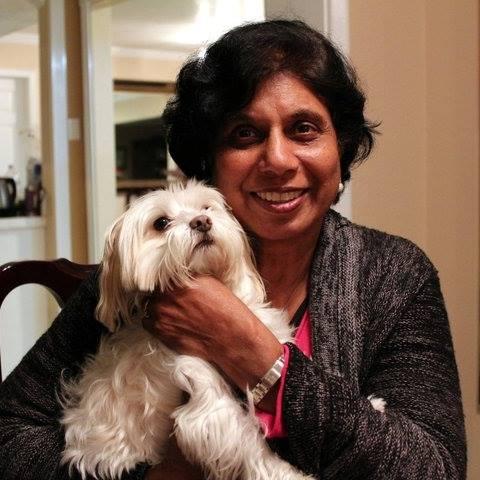This is a part of a series of excerpts of my story originally published in “ Finding Confident Faith in Science.” Didaskalia 27 (2017): 165-88.
We live in a scientific world, one that looks to science as the only reliable path to public truth. In this world, where do people of faith look for confidence? In this moment, many look to scientific arguments for God, and scientific arguments against evolution. We hope these arguments will guard our faith and convince the skeptic. But is this confidence proper? Is it really secure? In the centuries preceding modern science, and to this day, Christians found confident faith another way, outside of science , in the life, death, and resurrection of Jesus. There is an opportunity, even in science, to take find confidence in this same way. We find that nothing in science diminishes Jesus; nothing here threatens Him. Here, we can find a proper confidence.1
Other Ground is Sinking Sand

I was born and raised in southern California by a Christian family of Indian immigrants. I chose to trust in Jesus very young, as a toddler, with a simple unquestioning faith.
As the story goes, I had a fever. I asked my mom, “What happens when we die?” My mother panicked. She thought I asked because death itself approached. Convinced this could be our last conversation, she fervently shared the Gospel story of Jesus, the Cross, and the Resurrection. I responded with trust. This belief was simple and genuine. I believed because my mother believed.
As I grew older, questions formed and grew alongside my simple faith. Even at a young age, I was drawn to science. I watched the Discovery Channel to learn about dinosaurs and sharks. The offhand remarks about the age of the earth and evolution in these shows were immediately recognizable as a challenge to my faith. They were inconsistent with the creation story I had learned from church. In a search for confidence, I settled on some simple arguments about the impossibility of evolution that I heard at church. These arguments were a safe place to which I could retreat when I encountered evolution in my exploration of science. I could cleverly reject these offhand comments about evolution as misinformed and wrong.
One afternoon, when I was about 10 years old, I was sitting at home at the kitchen table. A middle-aged man, a guest in our home, sat down across from me and struck up a conversation. Somehow, the topic drifted to evolution. The man was a Christian, and said that he thought evolution was scientifically possible but did not actually happen. I pressed him on this, and he calmly argued why the science behind evolutionary change made sense to him. At the same time, the Bible’s account left him confident that life did not come about this way. Still, evolutionary mechanisms were feasible. This man did not even believe that evolution had happened, just that it was possible.
Into tears I burst.
This poor man was shaken, scrambling to comfort this suddenly incoherent and sobbing child. I recall him frantically trying to explain what had transpired to my confused parents. I cried at the kitchen table. My tears were uncontrollable and unexpected. Why?
When this man explained how evolution made scientific sense to him, he was not just expressing a harmless opinion. In my world, he was ripping to shreds a protective barrier between my insulated Christian world and the science that seemed to contradict my faith. How would I be a Christian now, without this security? As a child, I did not have the vocabulary to express my fear and confusion. I did not have the intellectual strength to harden my arguments, only tears. 2
I was experiencing the consequences of building my faith on the sinking ground of scientific arguments. This sort of faith would always be at risk of encountering someone smarter, more informed, or more articulate than me. It would always be threatened by the progress of scientific understanding. This sort of faith is insecure, and does not have proper confidence.
For now, an unstable faith was my fate. I was a child, after all, surrounded by Christians building confidence from science in our scientific world.
References
Apr 16, 2017
Oct 19, 2021
Feb 28, 2026





